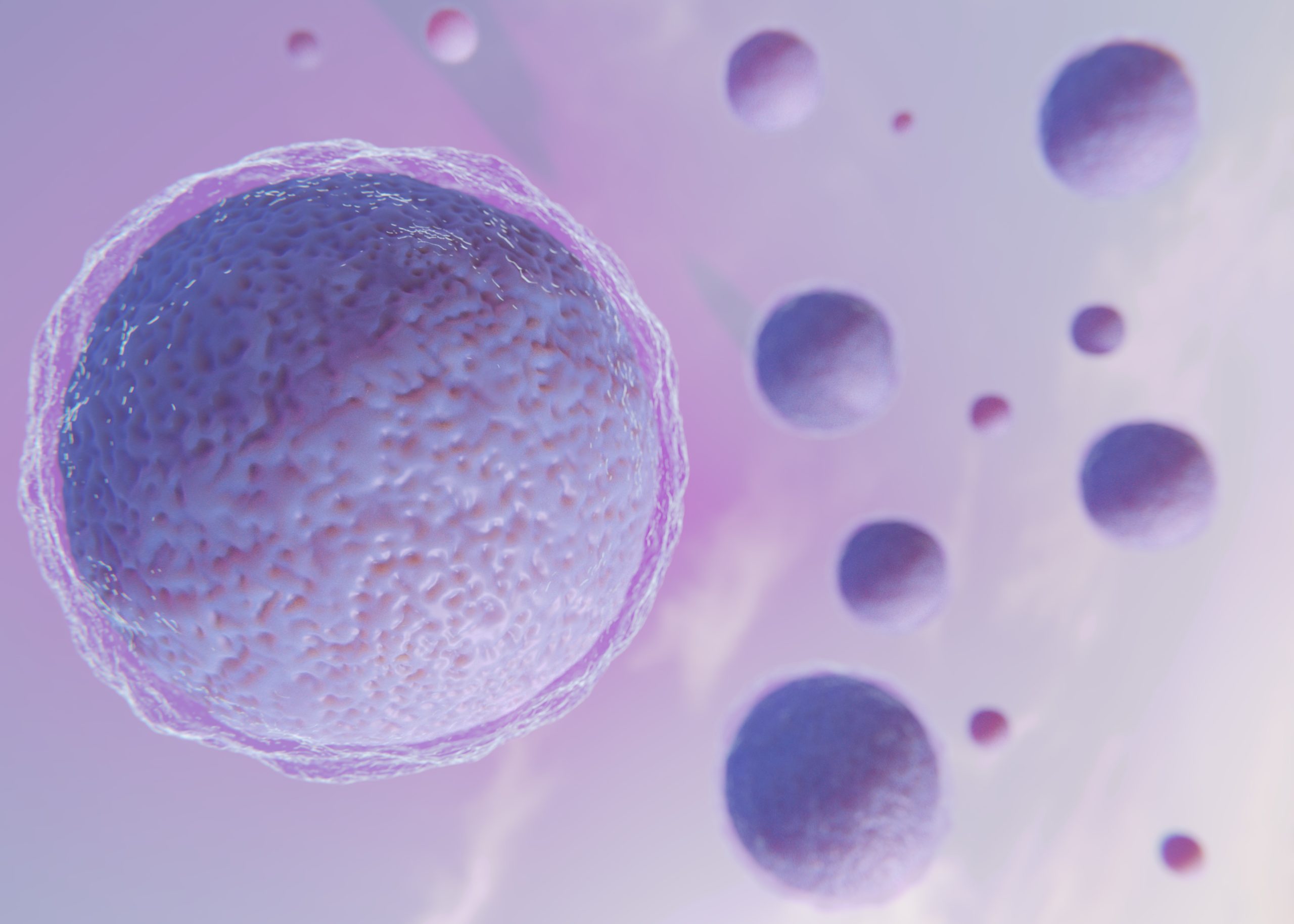Subtotal $0.00
Subscribe to out newsletter today to receive latest news administrate cost effective for tactical data.
2478 Street City Ohio 90255
Shopping cart
- Phone:+91 7085656919
- Email:drsharmistha01@gmail.com
Subscribe to out newsletter today to receive latest news administrate cost effective for tactical data.
2478 Street City Ohio 90255

Intracytoplasmic Sperm Injection (ICSI) is a highly advanced fertility treatment that involves injecting a single sperm directly into the egg to facilitate fertilization. This technique is particularly beneficial for individuals or couples with severe male factor infertility, where conventional IVF may not be successful.
ICSI may be recommended for individuals or couples facing various male factor infertility challenges, including:
10 AM -2 PM at Creation Fertility Center : (Mon-Sat)
2 AM -3 PM at Vanya Healthcare : (Mon-Sat)
5 PM - 6 PM at Mediland :(Mon/Tue/Thu/Fri)


Intracytoplasmic Sperm Injection (ICSI) is an advanced fertility treatment technique used to treat severe male factor infertility. During ICSI, a single sperm is directly injected into the egg to facilitate fertilization, bypassing barriers such as low sperm count, poor sperm motility, or abnormal sperm morphology.
ICSI may be recommended for individuals or couples facing male factor infertility challenges, including low sperm count, poor sperm motility, abnormal sperm morphology, previous IVF failure due to poor fertilization, or the use of frozen or surgically retrieved sperm.
In conventional IVF, eggs and sperm are combined in a dish and left to fertilize naturally. In contrast, ICSI involves the direct injection of a single sperm into each egg, ensuring fertilization even in cases of severe male factor infertility.
Sperm used for ICSI are typically obtained through semen samples provided by the male partner. If necessary, sperm can also be retrieved through techniques such as testicular sperm extraction (TESE) or percutaneous epididymal sperm aspiration (PESA). The selected sperm are then carefully prepared and injected into the eggs under a microscope.
Success rates for ICSI vary depending on factors such as the quality of the sperm and eggs, the expertise of the fertility clinic, and the overall health of the individuals involved. Generally, ICSI has a high success rate, with fertilization rates typically exceeding 70% and pregnancy rates ranging from 40% to 50% per cycle.
The number of embryos transferred during ICSI depends on various factors, including the age and health of the female partner, the quality of the embryos, and any preferences or recommendations from the fertility clinic. Dr. Sharmishtha Sarkar will work with you to determine the most appropriate number of embryos to transfer based on your individual circumstances.